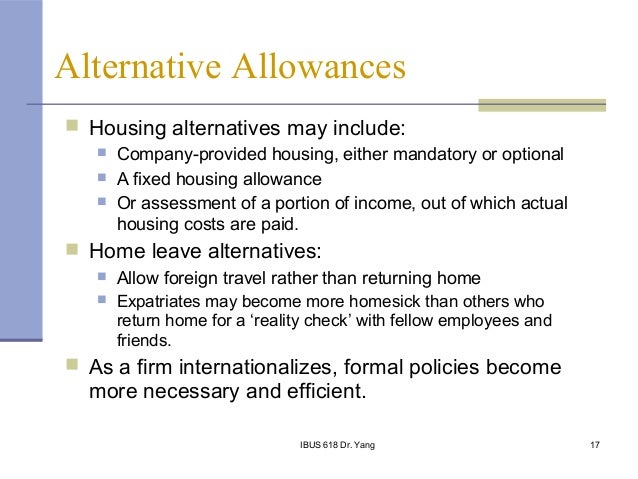

If you make the choice to let your emotions emerge, be prepared for the fallout that may occur if it doesn’t go as planned. Just go about it in a methodical and well-planned out way and then and keep it reigned in appropriately so you don’t take it further than you want to. Sometimes the passion and emotion is the right mechanism for getting people to change or to see the importance of your message. Think of some of the best leaders in history-they are often known for their emotional pleas and passionate “calls to action”.

There are situations where emotion and passion is appropriate.
Work hard to rebuild morale and your credibility and remember that it may take longer than you would like for the situation to be fully resolved. 
Let them work through their own emotions about your behavior.
Avoid getting frustrated with those who feel offended, defeated, or put off. Depending on the situation, you may have to allow others to express their thoughts and feelings or you may need to meet with individual team members to help repair the relationship. While you may have what you think are legitimate excuses, others will likely feel like you are not being sincere. Avoid making excuses or placing blame. You don’t necessarily have to apologize for your perspective or feelings about the issue, but you should take responsibility for how you handled it. Verbally acknowledge that you allowed your emotions to get the best of you and provide a genuine apology. You definitely don’t want to pretend it didn’t happen or take a “wait and see” approach. This will help people see that you are being proactive rather than reactive. As soon as possible, deal with the situation and take responsibility for your actions. Make sense of the situation so you can objectively find a solution. Let yourself “cool off” and reflect on what you said and did. So what do you do to resolve the situation, restore morale, and build up trust again? Well it isn’t easy and it takes time, but there are a few things you can do to get the cleanup process started: You may know the feeling-you actions and behaviors get hijacked by your emotions. His disappointment was certainly warranted, but the way he handled the situation really took a toll on the team’s morale. In his heart, I know that he cares deeply about his team members, but the frustration got the best of him that day. I felt like saying, “Morale cleanup on Aisle 5.”Īs I reflected on the situation, I believe that the leader was under a lot of pressure that day, not to mention the team was in fact falling short in some key areas. The team felt defeated and it was painfully obvious in their demeanor and body language. It was a classic case of a team leader losing his temper and not controlling his emotional reactions. It was an extremely uncomfortable situation for everyone involved. Some team members tried to argue back, which only made it worse. 
The meeting started off fine but he became more and more irritated and then quite emotional and intense as he expressed his disappointment in the team. Not too long ago I was witness to a leader, who I respect, losing his composure in a meeting with his team. When you are the leader of a team, the consequences of a lapse in composure are much more serious. It is a mistake that almost everyone makes more than once.








 0 kommentar(er)
0 kommentar(er)
